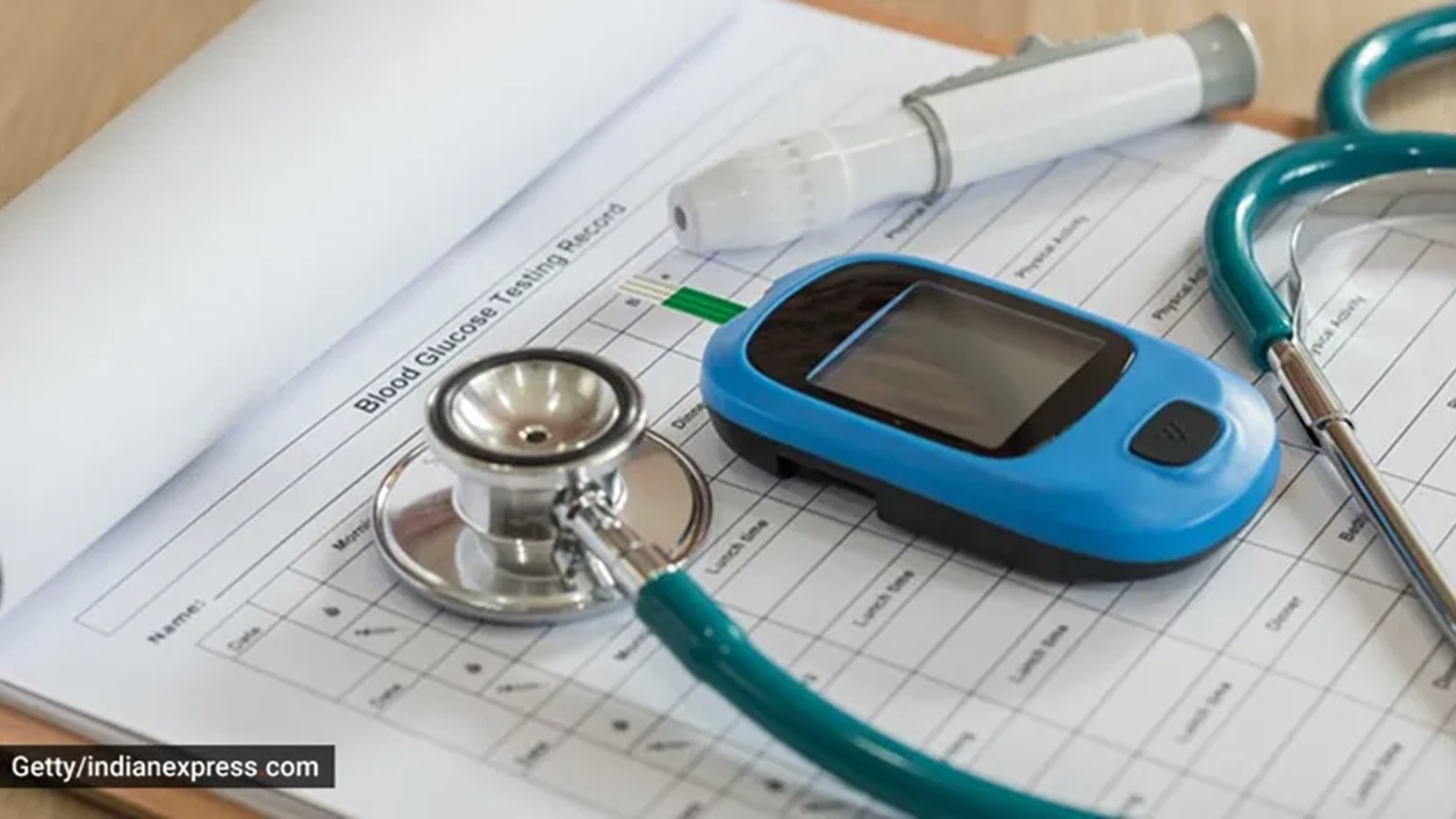📣 For more lifestyle news, click here to join our WhatsApp Channel and also follow us on Instagram
This is what happens to the body when you consume only low-glycemic-index foods for a month
“Many individuals experience significant weight loss due to reduced insulin levels,” certified diabetes educator Kanikka Malhotra reveals.
 While many claims surround the advantages of low-GI foods, the full impact of exclusively consuming these foods over a longer period isn’t often discussed. (Source: Freepik)
While many claims surround the advantages of low-GI foods, the full impact of exclusively consuming these foods over a longer period isn’t often discussed. (Source: Freepik)With growing awareness about blood sugar levels and long-term health, many are exploring the benefits of eating low-glycemic-index foods. These foods, which cause slower and steadier increases in blood sugar, are believed to offer several health benefits. But what happens to your body when you commit to a low-GI diet for an entire month?
While many claims surround the advantages of low-GI foods, the full impact of exclusively consuming these foods over a more extended period isn’t often discussed. To better understand the physical changes and potential health benefits of this approach, indianexpress.com spoke to Kanikka Malhotra, a certified diabetes educator by the International Diabetes Federation and a sports nutrition expert by the International Sports Sciences Association (ISSA), to weigh in on what to expect when adopting a month-long low-GI eating plan.
Noticeable physical and metabolic changes
Consuming only low-glycemic-index (GI) foods for a month can lead to several noticeable physical and metabolic changes, says Malhotra. “Many individuals experience significant weight loss due to reduced insulin levels, which promotes fat burning and decreases hunger, leading to lower caloric intake.”
She adds that a low-GI diet stabilises blood glucose levels, reducing spikes in insulin and lowering fasting glucose levels. Total cholesterol and triglycerides are often reduced, contributing to better cardiovascular health.
“Individuals typically see reductions in body mass index (BMI) and waist circumference, indicating a decrease in visceral fat,” Malhotra says.
Impact on energy levels, mood, and cognitive function
Malhotra informs, “Low-GI foods release glucose slowly, providing sustained energy and preventing the sharp spikes and crashes associated with high-GI foods. This gradual release helps maintain stable blood sugar levels, reducing feelings of fatigue and enhancing overall vitality.”
Low-GI diets are linked to lower depressive symptoms and improved mood stability, as they mitigate mood swings caused by fluctuating blood sugar levels, she continues. “The steady energy supply from low-GI foods supports better focus and concentration, enhancing cognitive performance over time. A low-GI diet fosters a more stable emotional state and mental clarity.”
 Are your blood sugar levels under control? (Source: Getty Images/Thinkstock)
Are your blood sugar levels under control? (Source: Getty Images/Thinkstock)
Potential downsides or nutrient deficiencies to consider when following an exclusively low-GI diet
Malhotra cautions that relying exclusively on low-GI foods may “limit the intake of certain nutrients, particularly if it excludes high-GI foods that are nutrient-dense, such as fruits and whole grains.” This could lead to deficiencies in vitamins, minerals, and dietary fibre.
Additionally, she highlights that some individuals may experience fatigue due to lower carbohydrate intake, as low-GI diets often emphasise fewer grains and starchy foods. “The restrictive nature of an exclusively low-GI diet can also lead to social isolation during meals and may contribute to disordered eating patterns. Thus, a balanced approach incorporating various foods is advisable for overall health.”
DISCLAIMER: This article is based on information from the public domain and/or the experts we spoke to. Always consult your health practitioner before starting any routine.
📣 For more lifestyle news, click here to join our WhatsApp Channel and also follow us on Instagram



- 01
- 02
- 03
- 04
- 05
























